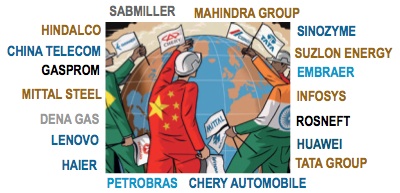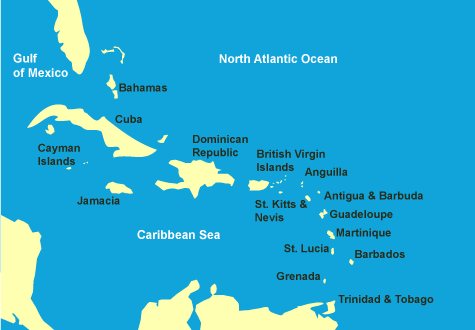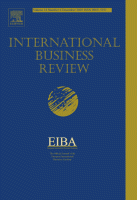UNU-MERIT Working Papers #2015-022
with Valentina De Marchi and Elisa Giuliani
This working paper is part of a collaborative research effort of UNIDO and UNU‐MERIT. It has been commissioned as a background paper for the UNIDO Industrial Development Report 2016. In this study we undertake a systematic review of the literature on GVCs in developing countries to investigate if and how innovation has been undertaken at the local level.








